Texas enjoys telling the world how much and how fast it continues to grow its economy. As the headline banner of the Governors’ monthly newsletter proclaims, “It ain’t bragging if it’s true!”
For the 11th year in a row, Site Selection magazine awarded Texas its Governor’s Cup for creating more job-related business and expansion plans than any other state in the Union. Over 1,000 new projects were announced in Texas last year, representing more than $44.7 billion in capital investment and over 35,000 new jobs.
That’s the good news. The flip side concerns the influx of people moving to Texas, a net migration of over 230,000 last year, all looking for homes they can afford amid soaring prices.
Relentless sprawl into undeveloped lands beyond city borders has been a staple housing solution in Texas for many years. The number of new homes, built either as standalone housing developments or as master plan communities, total in the thousands. Yet for the most part, these have not focused on either the affordable housing or the built-to-rent markets.
Each of the state’s major urban centres has challenges to overcome if they are to provide more affordable and rental housing to current and arriving residents. However, the difficulty in increasing housing density in existing areas is a common thread running throughout.
NIMBYism is a major factor. Current homeowners, hesitant to see changes in the character and economic demographic of their neighbourhoods, often express their concerns in terms of increased traffic flow and infrastructure strain.
Nevertheless, BTRs, or Build-to-Rent communities, are growing in popularity in many areas across the U.S. South in response to soaring house prices. Here again, prospective developers find they must combat NIMBYism by investing in efforts to educate cities, local councils and, most importantly, local residents, if they are to be successful in their applications.
Municipal regulatory problems are another common obstacle.
Dallas-Fort Worth (DFW) is experiencing permit delays that frustrate prospective developers. Local media reports that as a result, some skip Dallas completely, “simply to avoid permitting delays.”
Local resistance can also be found in the suburbs.
“Density is an evil word in most of the suburbs I’ve bumped into north of downtown,” according to a local real estate agent. “Multifamily is a four-letter word.”
The result is a reported surge in apartment construction in DFW’s peripheral areas.
Until recently, out-dated zoning codes had also made it difficult to increase density in Austin. However, in late 2022, Austin City Council approved changes that would streamline approval processes for projects with three to 16 residential units.
Part of the approved resolution reads, “an easier regulatory process for missing middle housing will increase the supply of affordable units and help to further housing goals adopted in the Austin Strategic Housing Blueprint.”
Rental housing is a key issue in Houston. Here, house prices are double what average renters can afford.
The Texas Tribune reports renters make up most of the city’s residents, with half of those spending more than 30 per cent of their income on housing, leaving little for food, clothing, transportation and medical expenses. Many low-income families have been forced out of their neighbourhoods as wealthier residents move in.
A much-praised non-profit initiative, the Houston Community Land Trust, recently had its funding cut by the city, putting the program at risk. When the trust was launched in 2018, the goal was to create 1,100 permanently affordable homes within five years. Only 136 homes are in the trust’s portfolio today. Many of those have experienced issues with warped floors and leaky roofs.
Land trusts cap resale appreciation, with owners agreeing to forego some of the increased value that occurred while they enjoyed living there. Studies suggest land trusts have proven to be a stepping stone to full home ownership.
Proposed state-wide legislation may soon ride to the rescue, offering a potential solution to at least the matter of permit delays.
“C.S.H.B. 14 would streamline the approval process for property development and building reviews, allowing for third-party reviews when cities and counties fail to act in a timely manner,” says a Texas Land and Resource Management Committee Report.
Failure to do so could see the applications reviewed by staff from another municipality or any licensed engineer in the state of Texas.
Dealing with affordable housing in an effective and timely manner will be critical if Texas is to continue its “bragging” rights into the future.


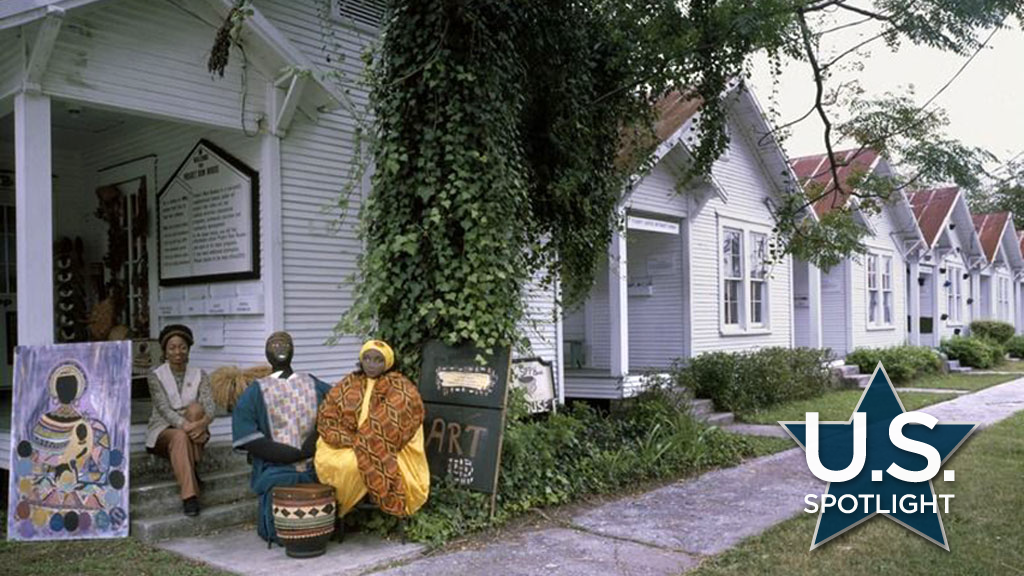


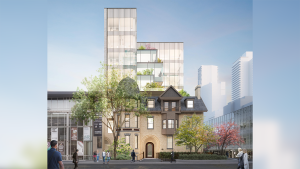
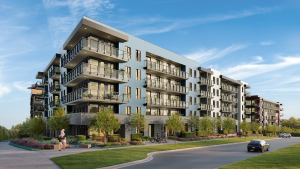
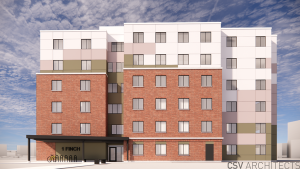
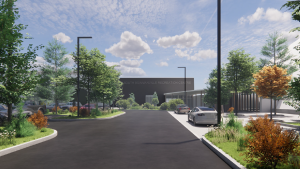


Recent Comments
comments for this post are closed